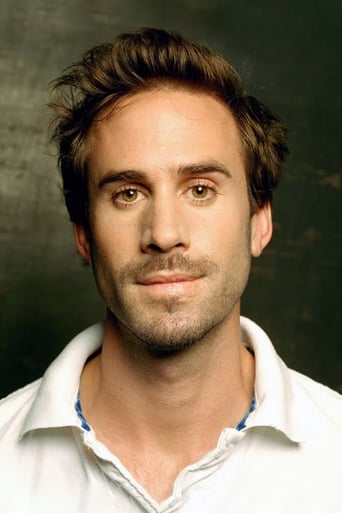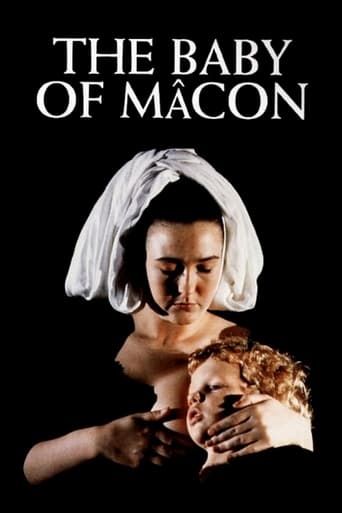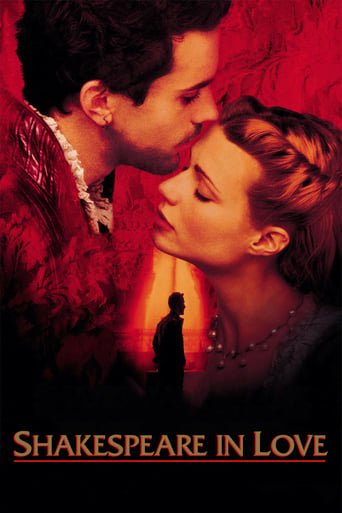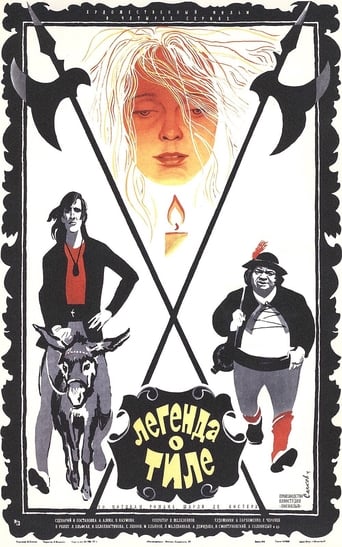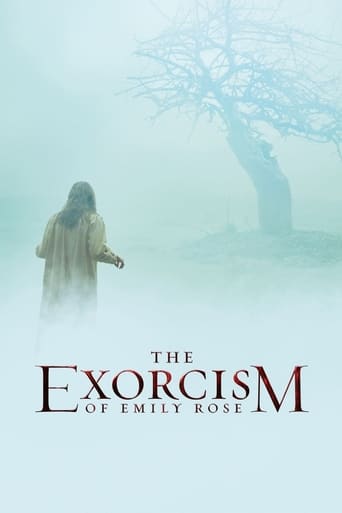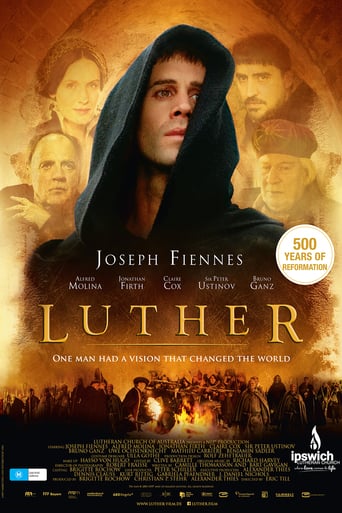

Luther (2003)
During the early 16th century, idealistic German monk Martin Luther, disgusted by the materialism in the church, begins the dialogue that will lead to the Protestant Reformation.
Watch Trailer
Cast
Similar titles
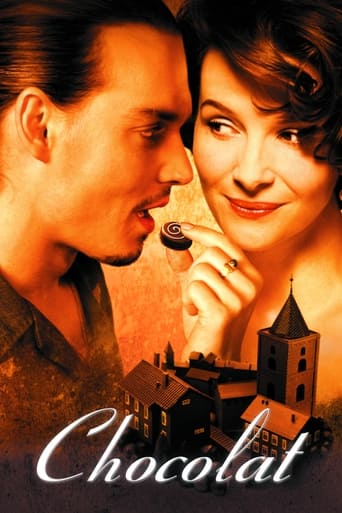

Reviews
Very very predictable, including the post credit scene !!!
In other words,this film is a surreal ride.
I enjoyed watching this film and would recommend other to give it a try , (as I am) but this movie, although enjoyable to watch due to the better than average acting fails to add anything new to its storyline that is all too familiar to these types of movies.
The movie turns out to be a little better than the average. Starting from a romantic formula often seen in the cinema, it ends in the most predictable (and somewhat bland) way.
In Roger Ebert's review of Luther he criticizes the filmmakers for showing Martin Luther as being a bit neurotic. Ebert writes "I doubt if he was much like the uncertain, tremulous figure in Luther who confesses, 'Most days, I'm so depressed I can't even get out of bed'." A contrasting view is offered by Steven D. Greydanus. In an article written for the National Catholic Register, Greydanus criticizes the film for making Luther too inspiring and for not taking "a more critical warts-and-all look at its hero."I am somewhat sympathetic to both criticisms. Ebert is right that Luther is depicted as a deeply troubled man, but I am convinced that there are two categories of people in the world, those who are troubled and those who aren't paying attention. It is perhaps this aspect of Luther's life that made him an interesting case for psychologist Erik Erikson (Young Man Luther). On the other hand Greydanus is right that some of Luther's "warts" (anti-Semitism for example) seem to have been surgically removed. Movies like this will always generate ideological debates about the film's departure from "true" history. Picasso once said "art is a lie which makes us realize the truth. If we grant that there are inevitable omissions, distortions, and unwarranted emphases we can move on to the more important question of truths to be realized. With that as my emphasis I can heartily recommend Luther as an inspiring story of faith, courage, and prophetic critique. By not focusing exclusively on Luther's personality, director Eric Till also makes it an engaging account of corruption, cooptation, and political struggle.Eric Till's previous directing credits include The Muppet Christmas and Bonhoeffer: Agent of Grace, a diverse filmography to be sure. There are flaws in the story line and several critics have rightly criticized the story for including Luther's marriage as a "happily ever after" footnote. In spite of these flaws there are some real strengths here in the writing and direction. Joseph Fiennes does an excellent job as Martin Luther, and Sir Peter Ustinov is perfectly cast as Frederick the Wise.The central point of the film is that the church is in danger of losing its way when it becomes too accommodating to the "powers that be". Martin Luther, like his namesake Martin Luther King, was an important prophetic voice who called us to critical awareness of the principalities and powers and how they shape our world. If the film did nothing more than cause us to reflect more thoughtfully on this, it would be worth the journey. This is admittedly a film with flaws. But if you are up for an engaging film with a little more substance than one of the cloned sequels dominating the theaters of late, two hours with Martin Luther would be time well spent.
Folks who have never read the whole Bible, and those who don't accept it as the only reliable source of information about God, will not find this historically accurate portrayal of Christianity's rejection of man-made religion as appealing. Truth is often most inconvenient. As Christ conveyed, to the saved, servants like Luther will be the "fragrance of Christ"; to the unsaved, he will be as the "smell of death." The only shortcoming in this moving biography is the lack graphic attention to Catholicism's vicious persecution of genuine Christians (belief in 'Sola Scriptura' was, and today still is, deemed as heresy). This powerful movie may properly have been called 'The Rejection of Babylon the Harlot' as detailed in Rev. 17.
The scene from this film that stands out in my mind the most is in which Martin Luther, a sixteenth century monk with distinctively indignant features climbs the steps of the local Catholic parish church and nails an extensive list of written ecclesiastical abuses to its massive oaken doors. Joseph Fiennes portrays Luther, a searching, grave man, seeking answers in a hurting, yet corrupted world. The Roman Catholic Church, the very definition of Christianity of the day, holds sway over all of Europe through Pope Leo X (Uwe Ochsenknecht), the shadowy head of the Church. The Pope's agents are collecting money from the common people, telling them that they are buying their own salvation, while in reality they are funding the furthering the construction of the Vatican.Discovering the corruption in the Church while on a pilgrimage to Rome, Luther labors to Reform the Church. He speaks out against papal authority and proclaims salvation through faith in Jesus Christ. Luther's enemies are many. Charles V, Emperor of the Holy Roman Empire (Torben Liebrecht) seeks to silence the Reformer, with the aide of the manipulative cardinal Alaender (Jonathan Firth). Eventually, Martin Luther appears before the Emperor himself, on the grounds he must recant his work and ultimately the truth of the Gospel, or die. "Luther" (2003) is an awe-inspiring, moving film. It tells the true story of Martin Luther, who was not only perhaps the greatest Protestant theologian but also one of the most courageous Christians of all time. The acting is sincere, the characters are believable and the overall message is deep. A highly recommended film to all who search for the truth.
This movie is more fantasy than fact. The real Luther, was a crude, anti-Semite, who boinked his maid while married, and is responsible for the slaughter of thousands of peasants. While the Church was corrupt at this time, there was a Catholic reform/renewal movement taking place w/in the Church such as St. Thomas Moore, St. Theresa, the Jesuits, the Oratory, ext.,this movie portrays all Catholics as sinister, the Church as evil,and Luther as a great saint, rather than the deeply troubled, neurotic, sexually addicted,ego maniac he was. The acting was weak. This movie is promoted strongly in many Protesant churches, but needed more balance.

